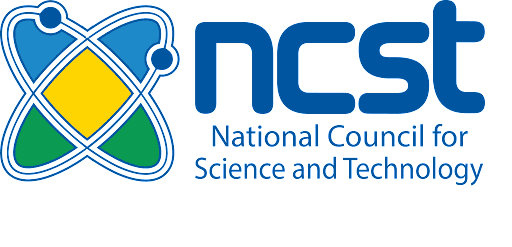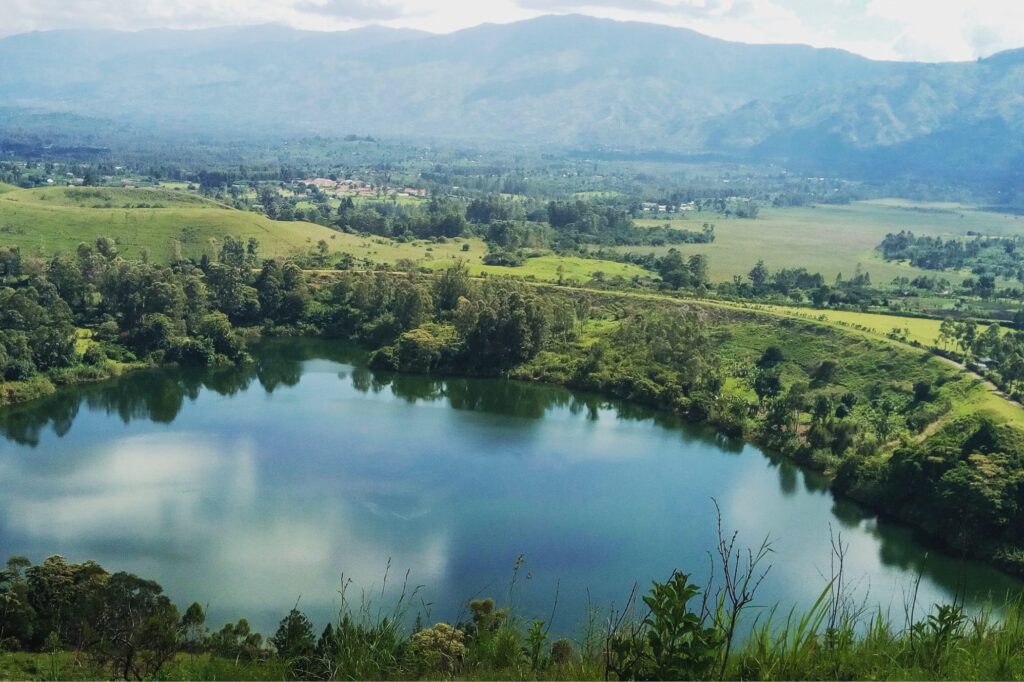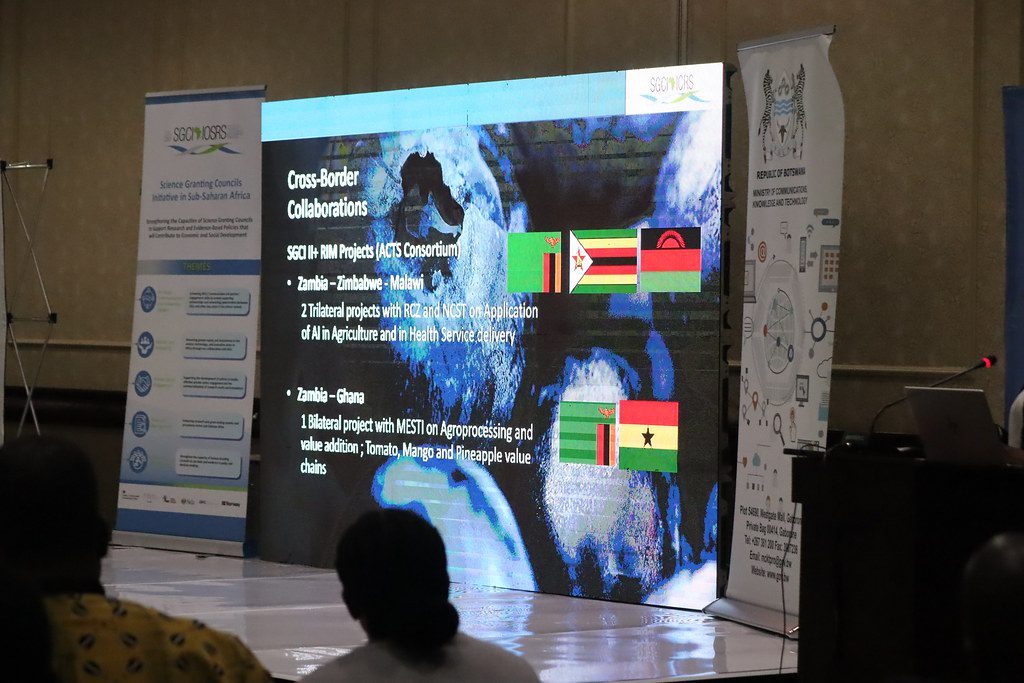Rwanda
Science Granting Council
Summary
The Mission of NCST is to enable Rwanda to become a country based on science, technology and innovation as tools for promoting social welfare and sustainable socio economic development of the country and competitiveness on the market.
Council details
The National Council for Science and Technology (NCST) leads Rwanda’s mission to become a knowledge-based economy driven by science, technology, and innovation. NCST works to ensure research directly enhances national development, improves well-being, and supports inclusive, sustainable growth.
By aligning innovation with national priorities, NCST aims to create a society where science is embedded in entrepreneurship, job creation, and competitiveness. It plays a vital role in integrating research into policy and practice, ensuring that scientific advances translate into real benefits for Rwandan communities.
NCST promotes collaboration among researchers, industry leaders, and communities. These partnerships ensure that scientific research is relevant, impactful, and responsive to the needs of the people.
Strengthening Research Through SGCI
Rwanda joined the Science Granting Councils Initiative (SGCI) to strengthen its science funding systems and research management capacity. NCST has greatly benefited from the SGCI’s targeted capacity-building efforts.
One key initiative was NCST’s participation in a regional workshop on research and grant management. Conducted in partnership with the Southern Africa Research Innovation Management Association and the Eastern Africa Research and Innovation Management Association, the workshop aimed to improve grants administration across Sub-Saharan Africa.
These efforts are helping NCST build robust systems that support transparent, effective research funding and implementation.
Promoting Commercialisation and Innovation
NCST is enhancing the uptake and commercialisation of research results. Under the SGCI, NCST has funded five commercialisation-focused projects that link academia with the private sector. These projects aim to bridge the gap between research and industry, turning scientific results into market-ready products and services.
By fostering innovation ecosystems and strengthening research infrastructure, NCST ensures that science and technology contribute meaningfully to Rwanda’s transformation.
Impact we’re having
Stories of change
Low-tech health app engages
Five years after its launch, PENSA – a mobile app developed in Mozambique— has been accessed by…
SGCI funded projects
Rwanda’s integrated approach to sustainable agriculture and nutrition
Project Titles & Institution Areas of Research Number of Projects being funded Project Duration Grant Amount In-Kind Distribution Council Collaboration with other councils
Related News
How Zambia’s science council is funding research that matters
When Zambia’s National Science and Technology Council (NSTC) was established in 1997, its founding vision was to harness science, technology, and innovation to improve the lives of ordinary Zambians. More than two decades later, that vision is increasingly taking shape through a growing portfolio of…
Voices of SGCI: Council leaders on the direction and ambition of SGCI 3
At the African Union’s Science, Technology and Innovation Week in Addis Ababa, earlier this month, leaders of science granting councils reflected on what SGCI Phase 3 represents for Africa’s science and innovation systems. From ownership and alignment to stewardship and sustainability, here are their voices…
Building Africa’s science future: inside the SGCI alliance
As Phase 3 of the Science Granting Councils Initiative launches on the margins of the African Union Summit in Addis Ababa last week, the SGCI Alliance Chair explains why this moment marks a decisive turning point for African science. Cephas Adjei Mensah describes what is…






